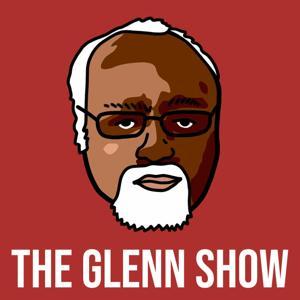Oliver Villar, a political scientist at Charles Sturt University in Australia, discusses his research on US imperial power and Latin American politics, covering his co-authored book, Cocaine, Death Squads and the War on Terror: US Imperialism and Class Struggle in Colombia (Monthly Review, 2011). Villar historicises the role that the US-led counternarcotic policies, specifically Plan Colombia, have played in serving as a pretext for advancing imperialist interests and undermining popular, leftist movements in the country and how the official “wars” on drugs and terror in Colombia are a pretext for the US to maintain an imperialist relationship while ensuring its business interests, as well as the local “narco-bourgeoisie,” can monopolise the cocaine trade. Exploring how US strategy intensified violence by supporting state-linked paramilitary forces, ultimately suppressing domestic labour and peasant struggles, Villar observes that it was during the Clinton administration “where everything starts to unravel” and when the US began to propagandise and brand the revolutionary armed forces of Colombia, leftist guerrillas, as the new “narco-terrorists.” He assesses how the US narrative surrounding Maduro flows in the same direction as propaganda from this earlier era, whereby anyone who “gets in America’s way is now fair game for the narco-terrorist label”, underscoring, “It has nothing to do with drugs.” Oliver relates what is happening in Latin America in conjunction with China’s rapid trajectory as a superpower and its clash with the United States over the control of resources (e.g., minerals and metals in Latin America) and its augmenting global influence. He dissects how the cocaine drug trade and the US-China rivalry in Latin America, the Caribbean, and the globe form part of a larger picture of US global hegemony while offering a critical history of US imperialism, its hegemonic decline, and the so-called “rising threat” of China to explain recent events. Responding to events in Venezuela, Greenland, and the “great power competition” that is unfolding between the US, China, and Russia, Villar elaborates on research from his most recent book, The Political Economy of Dissent (Routledge, 2026), in critically analysing 21st-century imperialism—that is, capitalism in its most aggressive and developed form, which is the driving force behind an intensifying rivalry between the US and China.
Get full access to Savage Minds at savageminds.substack.com/subscribe



























